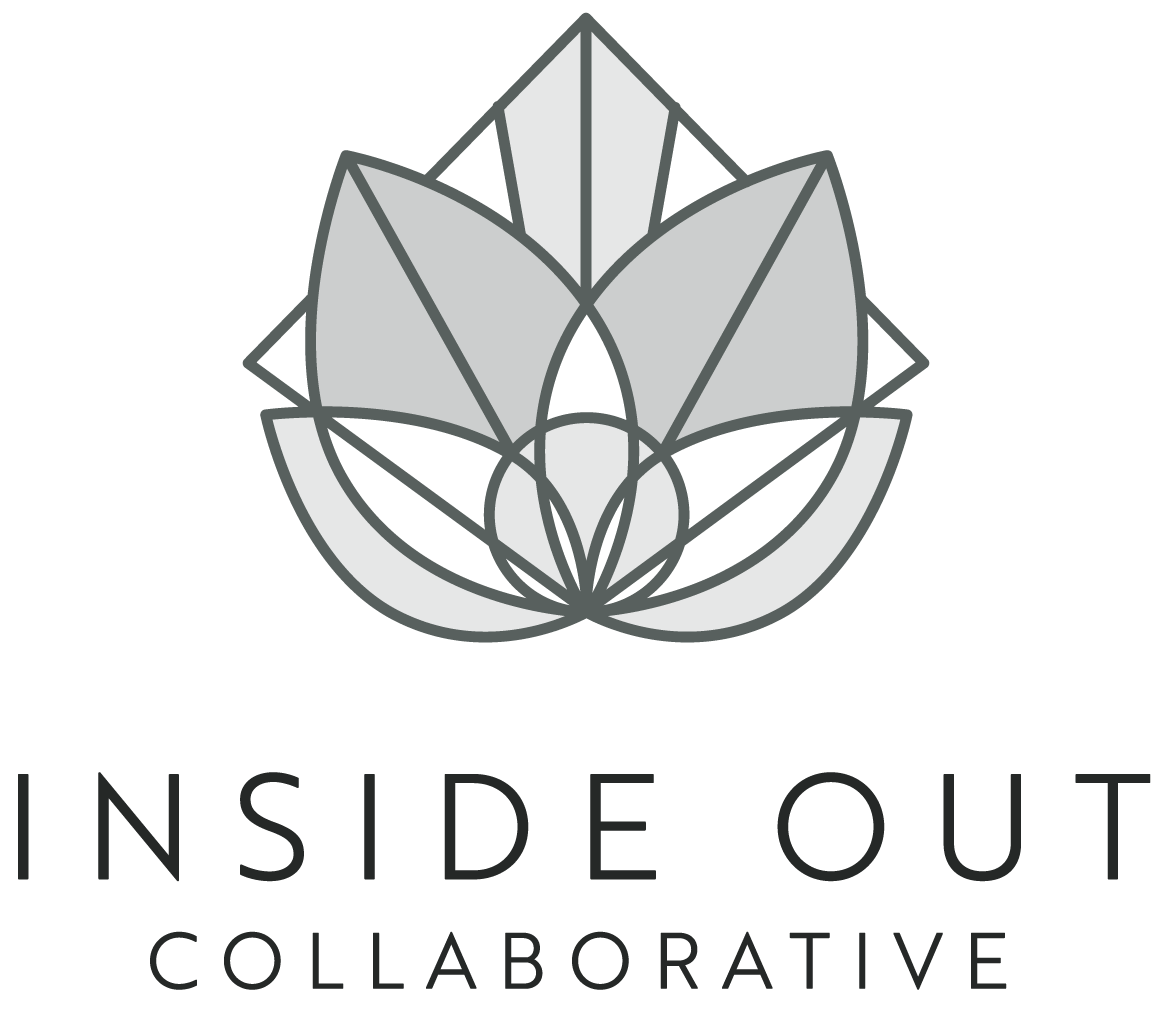Remembering vs. Reliving the Past
A hugely important factor when we are talking about any past events from your life, particularly if they are more traumatic.
Are we remembering them in the present or reliving them in the past?
Remembering creates healing and movement, reliving perpetuates rumination and stagnation.
Remembering in the present: Talking about how a past event makes you feel right now. When you think a past memory, what image do you see in your mind’s eye at this moment? This could be something as simple as a counter top. A glass of water. Sunshine. Your daughter’s face. Anything that comes to mind when you think of the past memory. But it has to come from whatever you are seeing right now and not what you think happened. Clients will often say “ok so this will probably sound weird, but…”. What is weird to them is when they go with whatever comes to mind, it often feels totally random or kind of strange. But when we just go with it and pay attention to the body and emotion, there is often significant meaning we can draw out of the seemingly mundane concrete image.
Reliving the past: Trying to talk about exactly what happened and trying to objectively get the data correct.
We both don’t need to know exactly what happened. What is much more important and helpful is to know what your experience is right now when you think about what happened. What you feel in the body, what it makes your mind think (things like “I’m not good enough” or “I will always be this way”), what emotions come up (one word feeling states like hurt, sad, excited, grateful).
It is so easy to slip back into reliving a memory. If I would ask, “How does that make you feel right now?” it is easy to respond with how you think you felt in the past, something like, “Well I think I felt scared, but yea I’m not sure, I think I remember having to do this or that...”
Reliving the past by dwelling and ruminating over it often feels safer. It is familiar. We have more control when we are in our heads trying to get it right. In a similar way, it’s much safer to watch someone else’s drama on TV than to be present to all the feelings that are currently unfolding in our own.
It is a vulnerable act to be present with whatever comes to mind in this moment. This opens us up to feel more, to experience what we weren’t able to experience at the time because we didn’t have enough resource and we had to check out.
My hope is that EMDR adds the resource needed to help. EMDR is a specific protocol to help work through past experiences that are not allowing you to live as freely as you would like today. EMDR does this by very intentionally practicing how to be present when talking about the past.

